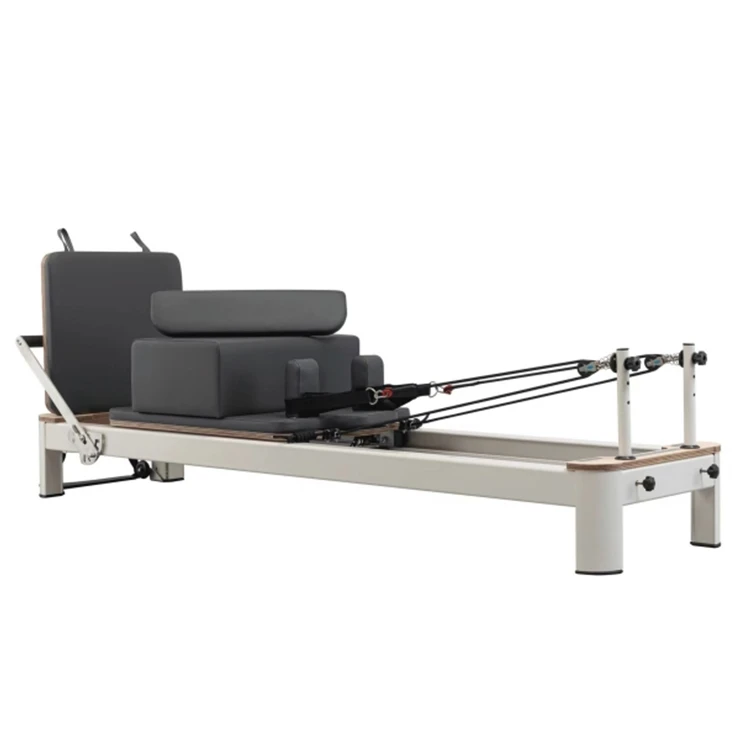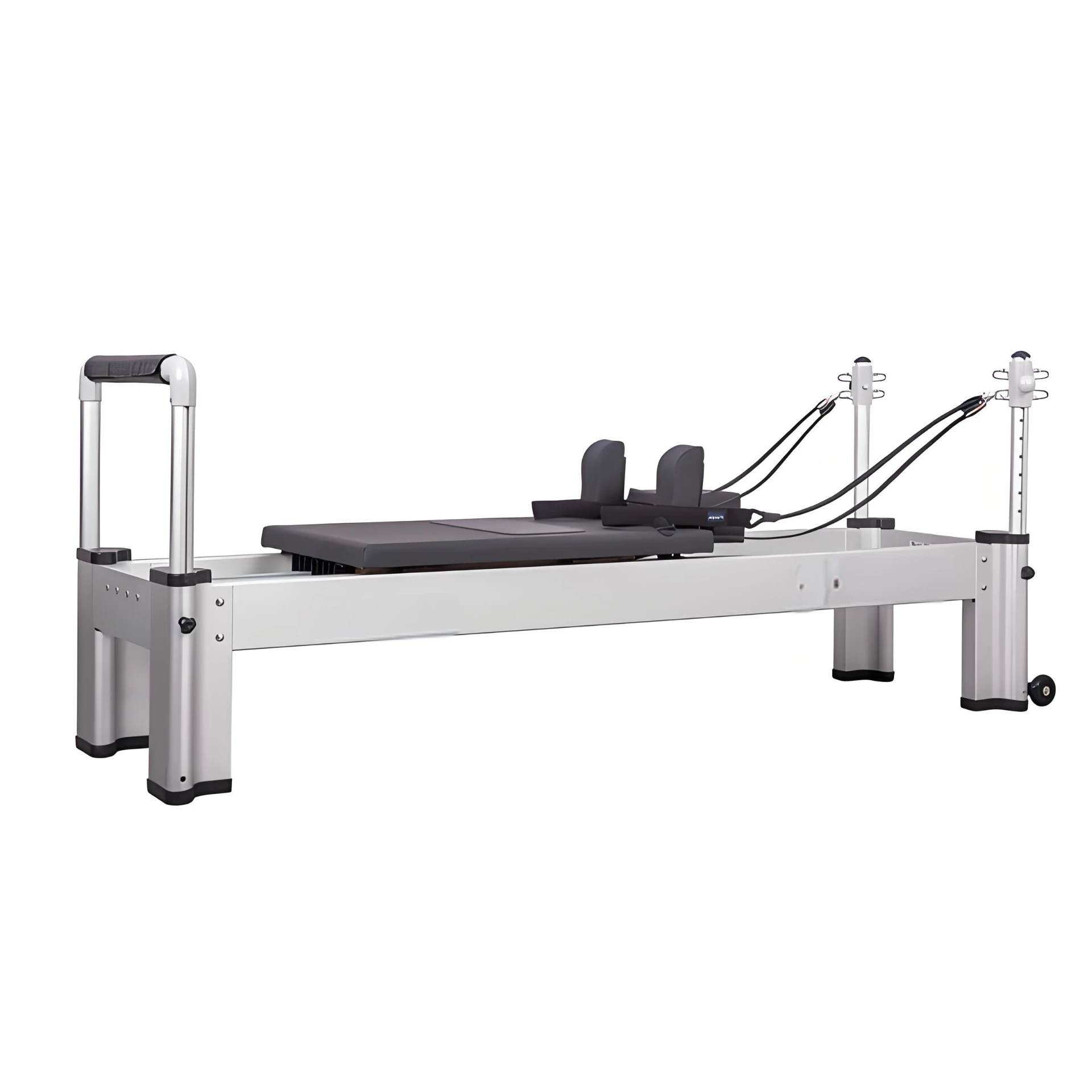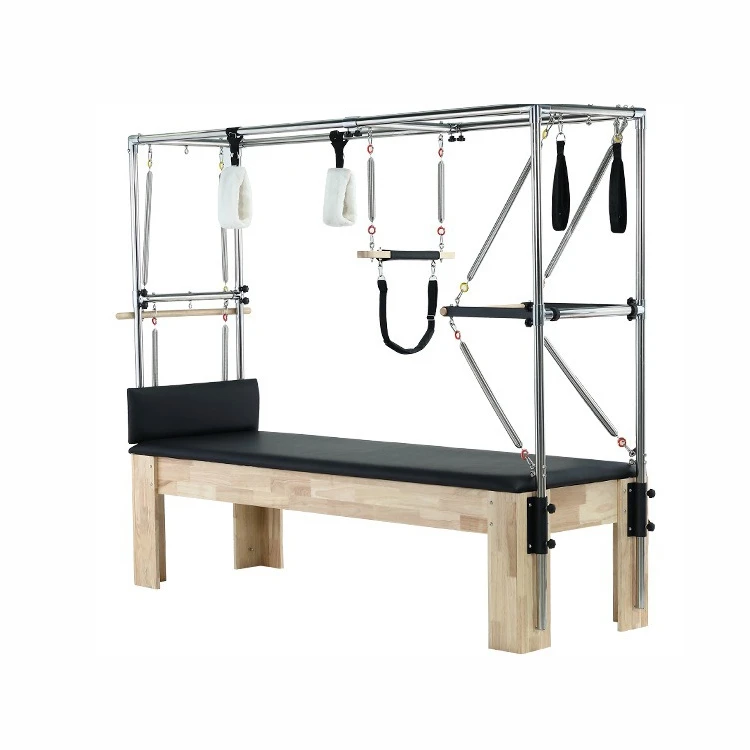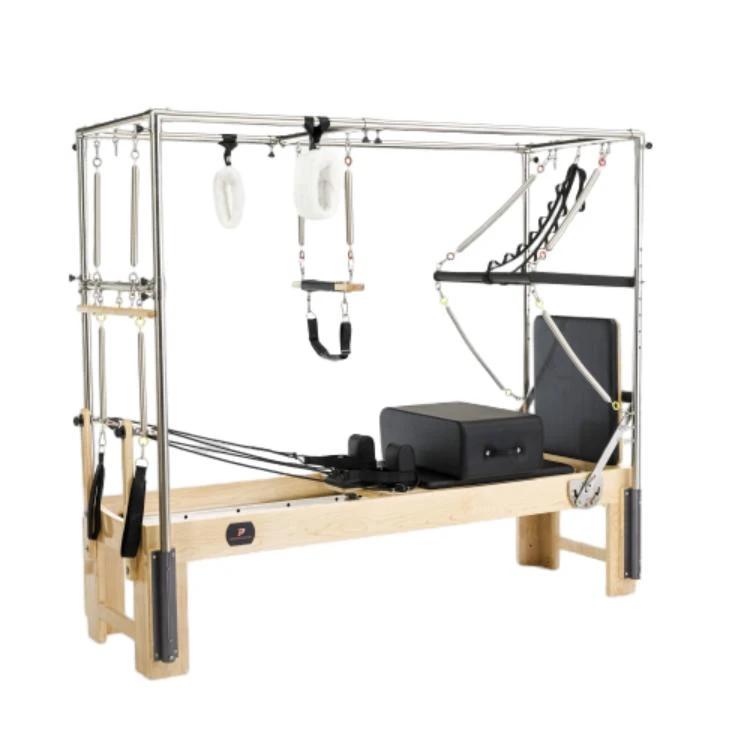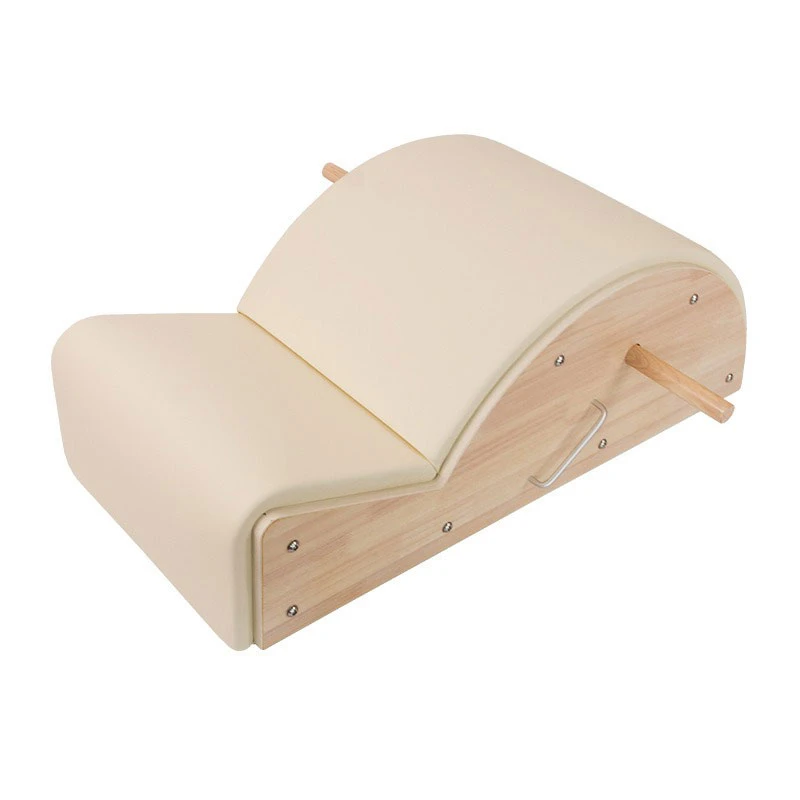Affordable Pilates Reformer Cost - Best Prices & Deals 2023
- Understanding Pilates Reformer Investment Factors
- Technical Specifications Driving Price Variations
- Manufacturer Comparison by Quality Tier
- Premium Reformers vs. Budget Options Analysis
- Customization Options and Associated Costs
- Case Studies: Real-World Studio Implementations
- Strategic Acquisition Guide for Buyers
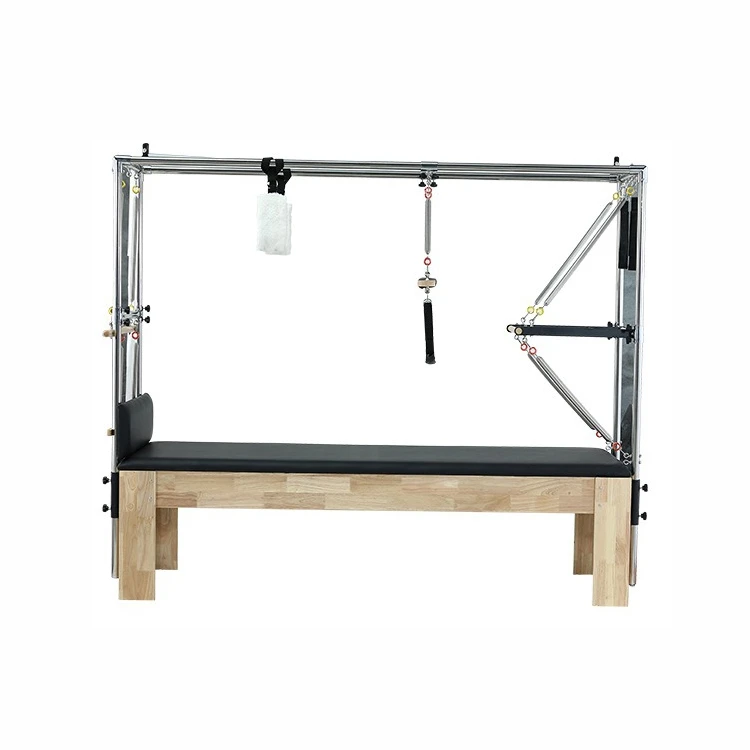
(cost of pilates reformer)
What Determines the Cost of Pilates Reformer Equipment
Purchasing a Pilates reformer represents a significant investment for both studios and home users. Reformer pilates machine costs fluctuate dramatically based on construction materials, carriage mechanisms, and brand reputation. Professional-grade units feature aircraft-grade aluminum frames and medical-grade springs costing $3,000-$12,000, while home models using polymer components range from $500-$2,800. Resistance systems alone account for 30-45% of manufacturing expenses, with German-engineered spring systems adding $400-$1,200 to base prices. Additional cost variables include warranty coverage (premium brands offer 10-year frame warranties), included accessories, and compliance with commercial studio safety certifications.
Engineering Impact on Reformer Pilates Machine Pricing
The technical sophistication of reformer mechanisms directly correlates with pilates reformer cost structures. Premium reformers feature precision ball-bearing carriage systems that provide frictionless movement ($1,200-$2,500 value component), while budget models use simple wheel designs that wear within 1-2 years of regular use. Spring resistance calibration distinguishes professional equipment - Balanced Body reformers undergo 27-point tension verification, increasing production costs by 18% but delivering consistent resistance through 10,000+ cycles. Weight capacity ratings significantly influence pricing: commercial units supporting 300-500lbs require reinforced steel substructures adding $600-$900 to material costs versus residential models rated for 250lbs maximum.
| Brand | Entry Price | Professional Price | Frame Warranty | Carriage System |
|---|---|---|---|---|
| Balanced Body | $3,200 | $8,900 | 10 years | Precision ball-bearing |
| Merrithew | $2,900 | $7,950 | 7 years | Roller-wheel system |
| Aleria | $1,500 | $4,300 | 5 years | Nylon wheel carriage |
| Stamina | $550 | N/A | 2 years | Basic slide rails |
Market Leaders in Pilates Equipment Manufacturing
Three manufacturers dominate the premium reformer sector: Balanced Body controls 48% of the commercial studio market with their Allegro 2 model ($4,600-$6,200), while Merrithew caters to clinical settings with their SPX model ($5,300-$7,900) featuring physical therapy modifications. Emerging brands like AeroPilates capture 37% of the home market with folding reformers ($799-$1,899) but compromise on spring responsiveness. Industrial analysis reveals that manufacturers using ISO 9001-certified production facilities add 12-15% to base costs but demonstrate 60% fewer mechanical failures over 5-year periods. Professional reformers maintain 85-92% residual value after 3 years compared to 45-55% for residential units.
Comparing Reformers Across Budget Categories
Sub-$1,000 reformers typically feature bolt-together frames, limited spring configurations, and 250lb weight capacities - suitable for occasional home use but prone to instability during dynamic movements. Mid-range equipment ($1,500-$3,500) includes studio features like convertible footbars and spring-loaded jump boards. High-end reformers offer institutional durability - Balanced Body's Allegro 2 withstands 35,000+ loading cycles without calibration drift. Commercial studio operators report 83% satisfaction rates with premium reformers versus 42% with budget equipment during 3-year usage periods. The true cost of reformer pilates machines becomes apparent through maintenance requirements: commercial reformers average $120 annual upkeep versus $310 for budget models needing frequent part replacements.
Customization and Additional Expenditures
The cost of reformer pilates machines increases substantially through customization options. Reformer conversions to tower configurations add $700-$1,500 per unit, while premium spring packages add $200-$400 over standard configurations. Studio packages including reformers, towers, and stability chairs reach $12,000-$24,000 for 5-station setups. Specialized accessories notably impact pilates reformer cost: rolling pedestals ($185-$380), arc barrels ($220-$390), and vibration dampeners ($65-$125) collectively add 18-30% to base equipment investments. Bulk purchasing delivers measurable savings - studios acquiring 3+ reformers typically receive 10-15% discounts with complimentary freight shipping ($350-$900 value).
Operational Cost-Benefit Analysis
The Movement Studio in Seattle documented their $28,500 investment in 6 Balanced Body Allegro 2 reformers with towers generating $126,000 annual revenue ($72,800 net after equipment financing). Commercial reformers demonstrated 99.4% operational reliability during 18 months of 14-hour daily use. Conversely, YMCA facilities implementing $3,200 reformers experienced 23% downtime within 18 months and $5,200 in maintenance costs across 8 units. Equinox Fitness reported 30% higher client retention using reformers equipped with sensory resistance technology despite 42% higher acquisition costs. Physical therapy practices recovered reformer investments within 7-9 months through insurance reimbursable sessions.
Navigating the Cost of Pilates Reformer Purchases
Smart investment in reformer pilates machines requires analyzing projected usage cycles against acquisition costs. Studios conducting 20+ weekly sessions justify premium reformers through superior durability and client satisfaction metrics. Home practitioners should calculate cost-to-usage ratios - reformers used 3+ times weekly warrant $1,500+ investments for proper mechanics and longevity. Closeout deals on prior-year models provide 15-30% savings ($2,800 for models originally priced at $3,900), while certified refurbished commercial reformers offer 35-45% discounts with remaining warranties. The ultimate cost of pilates reformer
equipment extends beyond initial pricing to encompass durability, client experience, and long-term maintenance burdens that significantly impact total ownership expenses.
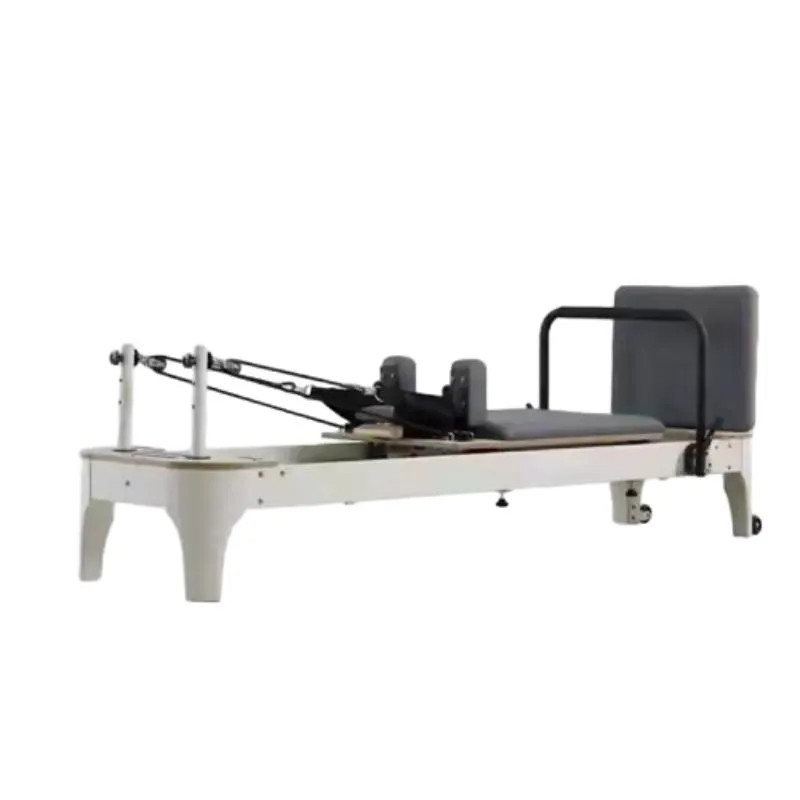
(cost of pilates reformer)
FAQS on cost of pilates reformer
Q: What is the average cost of a Pilates reformer machine?
A: The average Pilates reformer cost ranges from $500 to $5,000+, depending on brand, materials, and features. Entry-level models typically start around $500, while premium commercial-grade reformers can exceed $5,000.
Q: What factors influence the cost of a reformer Pilates machine?
A: Key factors include build quality (aluminum vs. wood), adjustability, included accessories, and brand reputation. Additional features like spring resistance levels, carriage length, or digital integrations also impact pricing.
Q: Are there budget-friendly options for reformer Pilates machines?
A: Yes, compact or foldable reformers from brands like AeroPilates or Stamina start under $500. Secondhand machines through platforms like Facebook Marketplace may offer quality options at 30-50% below retail prices.
Q: How much does a professional-grade Pilates reformer cost?
A: Professional reformers from brands like Balanced Body or Merrithew typically cost $3,000-$6,000. These feature commercial-grade durability, wider carriage systems, and customizable spring configurations for studio use.
Q: Does the cost of a reformer Pilates machine include accessories?
A: Base prices often exclude accessories like jump boards or cardio trampolines. Expect to pay $100-$500 extra for bundled accessory packages, depending on the brand and included items.
Latest news
-
Pilates Spine Corrector: Benefits & UsesNewsAug.08,2025
-
Pilates Props & Accessories: Enhance Your Workout ExperienceNewsAug.08,2025
-
Pilates Chair: The Ultimate Fitness Equipment for Strength and FlexibilityNewsAug.08,2025
-
Pilates Cadillac: The Ultimate Tool for Advanced Pilates TrainingNewsAug.08,2025
-
Pilates Apparatus for Sale: A Comprehensive Buying GuideNewsAug.08,2025
-
Pilates Equipment Guides & Comparisons: Elevate Your Fitness Business with Barrel Chair PilatesNewsAug.08,2025
- Address
- Room 1601, 1302, Building A, Zijingguandi, Qiaodong District, Xingtai City, Hebei Province, China
- Sandra@raetin.com
- Phone
- +86 18231139331

